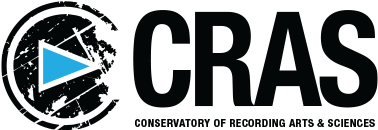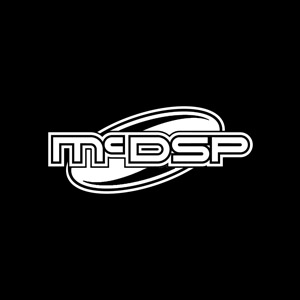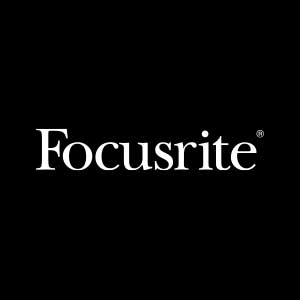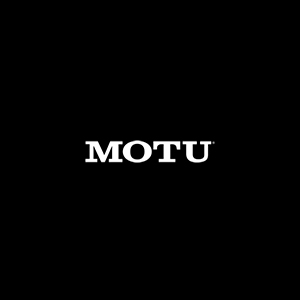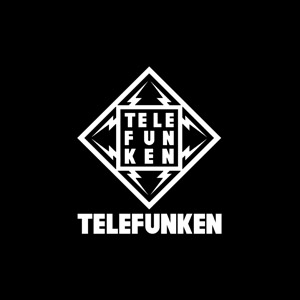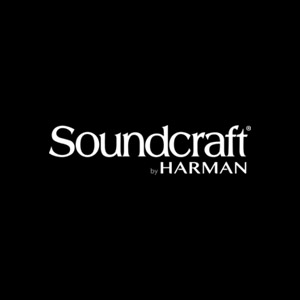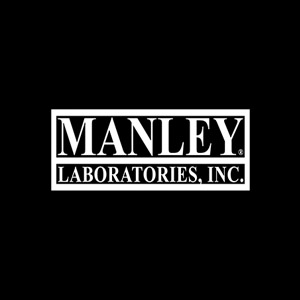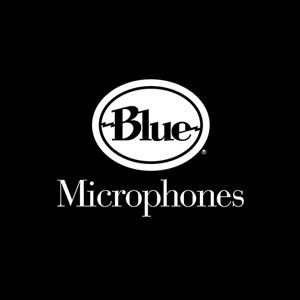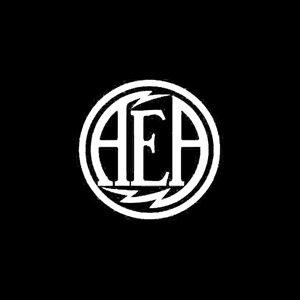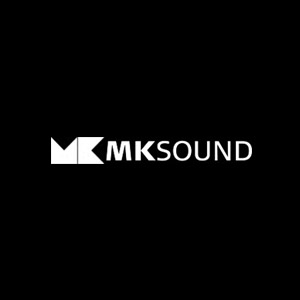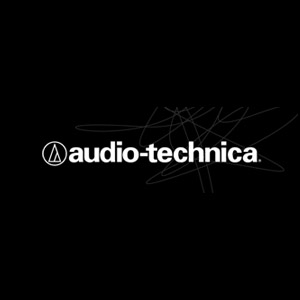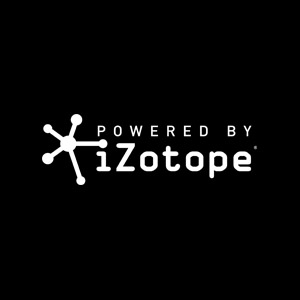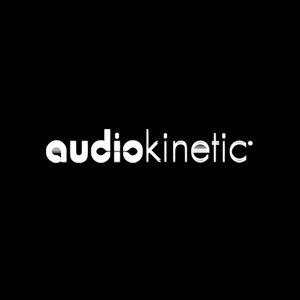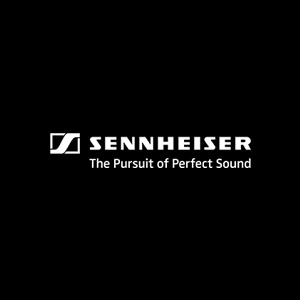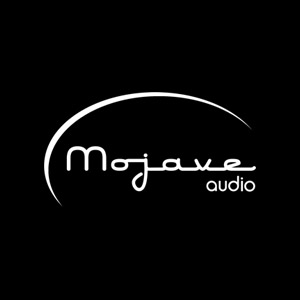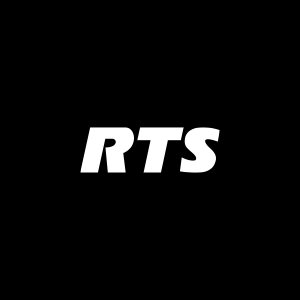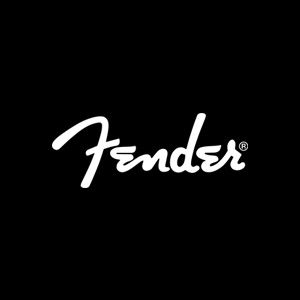Grad Spotlight: Carlos Sanches

Graduating in 2003 with a 4.0 GPA and perfect attendance, Carlos Sanches has really taken his career to a new level, and has also won an Emmy! Currently he is working as a re-recording mixer in the post production industry, and took some time out of his busy schedule to answer some questions for us!
Did your internship go as expect?
My internship at Signet Sound was a bit disappointing, but not unexpected. I did however learn to make a very nice fruit basket and bread tray! I found that in order to actually get somewhere in my career, I had to take the initiative myself and find a better job. I finished my internship hours at a small local music studio, Sanctuary Studios where I was able to actually do the work i was trained to do at the Conservatory. A big studio internship sure sounds great and is appealing, but rarely leads to jobs at that studio. Interns are simply too inexperienced to get on right away. Working in a smaller studio, where you can gain real world experience is much more valuable when you are seeking that BIG studio job.
Did you have any memorable internship horror or success stories?
Nothing too interesting during my internship, all went well. But soon thereafter, I got a job editing at a studio that specialized in reality television. I started by doing “pre-lay”, basically editing dialogue and sound effects for the mixers to come in and work. When a mixer wasn’t available, I was called up to mix. I had no idea what I was doing, though at the time I thought I did. Mixing music, and mixing for broadcast television are two very different beasts. I was fired halfway through the day, and the mixer who called in sick had to come in and fix the train wreck that I had created. The studio was kind though and let me try again a few months later. In that time, I talked with and learned from the mixers at the studio what I had to do, and I practiced as much as I could on my free time. The next time I mixed, I was hired for an entire season of a show on the Speed Network.
How did you end up in your current position?
I ended up at Warner Bros. Sound through networking, hard work and through the support of my fellow coworkers. After I left Sanctuary Studios, I worked for $300 a week at TriCoast Studios. There, I learned how to properly cut sound effects, mix trailers and worked on my first feature film. From there I met a sound supervisor who introduced me to the manager of Mercury Sound, a big step up from my current position. I sent in a resume and talked with them, and six months later, they hired me. There I learned even more about Pro Tools, mixing on a large format console (the Euphonix System 5), foreign dubs, making stems and deliverables, M&E’s, and many new pieces of gear. After I began steadily mixing for Mercury Sound, the studio next door that had been using our mix stage for their shows, built their own mix stage and made me an offer to be their staff mixer. I’ve been working for Audio Circus ever since. In 2011, Audio Circus was purchased and integrated in Warner Bros. Sound Studios. We are now their premiere department for Sound for Animation. I’ve also branched out and am mixing for DreamWorks Animation as well in their new state of the art mixing stage.
Have you ever found yourself in a star-struck or unreal moment?
Definitely a few times! The first was getting a hug from Salma Hayek after recording a director’s commentary track for her directorial debut. At Warner Bros., it’s very fun to walk around with, share elevators with stars like George Clooney, Ben Affleck, Conan O’Brien, and Olivia Wilde. I’ll never get used to it. Recently I had a great moment meeting Dane Davis, Oscar winning sound designer of The Matrix. I finally was able to tell him that he was the reason I started this career, after seeing that film, I knew I wanted to be in the movie making sound business. But by far the most unreal moment I’ve had was walking up to the podium and receiving an Emmy, I’d never been that thrilled or excited in my entire life.
Do you have any words of wisdom for new students?
My words to new students would be this: The best and most successful people in our industry, are also the kindest, most humble, giving and personable people around. If you want to be make it in post production sound, you have to not only have the necessary skills, you have to be the kind of person who can be in a dark room with a bunch of clients for 10-12 hours a day, and come out laughing.
Are there any tips or workflows that made your job or internship easier?
Organization, both in file management and in how your Pro Tools session is set up for mixing. Have a file structure that separates each element from each other. Dialogue, Music, Effects, Foley, Backgrounds. And then in your mix session, have each of these groups saved as a window configuration. Mix each element one at a time, adding in one element after the other has been completed, making each new layer shine. When that is complete, take another listen as a whole, preferably on a different set of speakers, and tweak till it’s perfect.
If you could go through the Conservatory curriculum again, would you change anything? Either on a personal level or a change to the curriculum?
If I could go through the Conservatory again, I think I would have taken the time to collaborate more with my fellow students on their projects. We didn’t have our own laptops at that time, and the only time we had to be on Pro Tools or on a console was at the school. I would have liked more time doing more on both. I would like to see a bigger emphasis on Post Production sound, there are many more jobs available in Post than in music nowadays, and it would be great to have new students with more knowledge of what we do on a a daily basis. Classes on dialogue editing, sound design, sound effects editing, foley, and intensive classes for mixing for television and film would be great to have at CRAS.
Were there any instructors who you felt stood out or imparted some wisdom that stuck with you?
I always remember how impressed I was with the technical knowledge that Robert Brock has. He always had the answer to all of our Pro Tools and other questions. I wanted to be like that, he inspired me to know my gear in and out, and it has proven essential in my career. John Berry’s music business class was also fantastic. I loved his enthusiasm, kindness and wit. And I’ll never forget when a train horn went off in the distance and he said, “That’s a B Flat, a quarter step sharp.”
Congratulations Carlos! That you so much for your time and continue doing great things!
